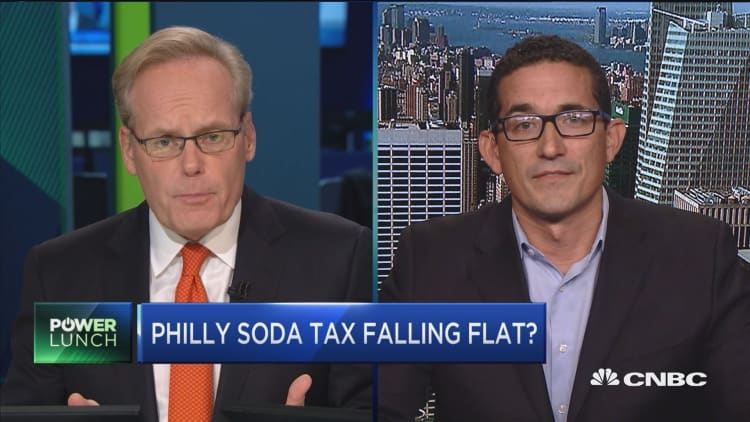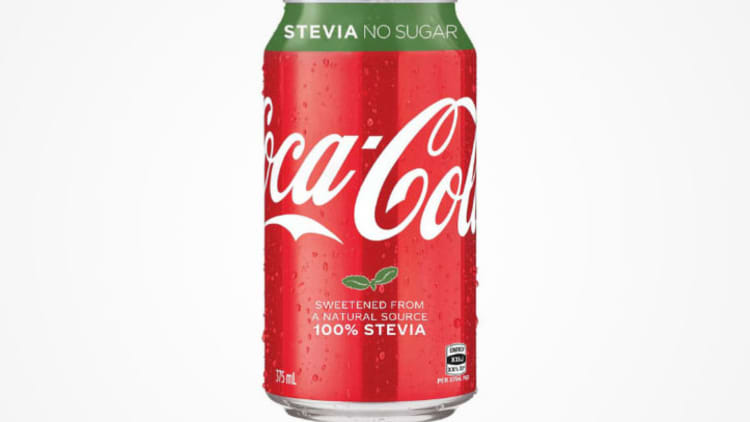At the stroke of midnight, a tax on sugary drinks in Cook County, Illinois, came to an end.
Commissioners in the county, which includes Chicago, voted 15-2 to repeal the tax in October, less than a year since passing it and less than four months since implementing it.
The tax's death marks the end of a fierce and costly battle between health advocates, billionaire former New York mayor Michael Bloomberg and the beverage industry. It also could prove itself to be a learning experience for both sides of the debate.
Passing a tax on sugary drinks in Cook County marked a key moment for proponents. Since 2008, most of the of the 50 beverage tax proposals that have been rejected are from states, according to a list provided by the American Beverage Association.

That forced advocates to start at the municipal level in states' liberal, affluent areas where people weren't drinking much soda to begin with, Beverage Digest executive editor Duane Stanford said.
Seven municipalities put taxes on sugary drinks on the books since 2015, according to the ABA. The first was Berkeley, California. All but one are in liberal states on the West Coast.
Cook County's reversal could force proponents to change course again.
"The fact that the tax was repealed in Cook County, I think, pressed the pause button on citywide or countywide efforts," Stanford said.
The county billed the one-cent-per-ounce tax as a way to plug a $200 million budget hole while encouraging consumers to choose healthier drinks. Opponents pounced on that, and the message stuck with residents who live in a county and state that are notorious for tax hikes and political dysfunction.
"What it came down to was working families saw this for what it was, and that was a tax to raise revenue, and an unfair one at that," said Can the Tax coalition spokesman David Goldenberg. "They were tired of it and became ... upset and took action overwhelmingly."
Health advocates condemned county commissioners for repealing the tax. American Heart Association CEO Nancy Brown said in a statement the group was "deeply disappointed" but would continue to push for such measures across the country.
Regardless of legislation, consumers may force the beverage industry to rethink its relationship with sugar. More people are trying to reduce the sweetener in their diets as they try to eat and drink healthier.
"The question is should the beverage industry protect the status quo or should they try and follow consumers as fast as possible and bring down sugar levels," Stanford said. "I think the latter is the answer."
Companies are already working on creating smaller packaging and reducing sugar levels in their products, said William Dermody, a spokesman for the American Beverage Association.
Coca-Cola CEO James Quincey told CNBC last month that both of these methods are better than taxes to solve the obesity crisis.



